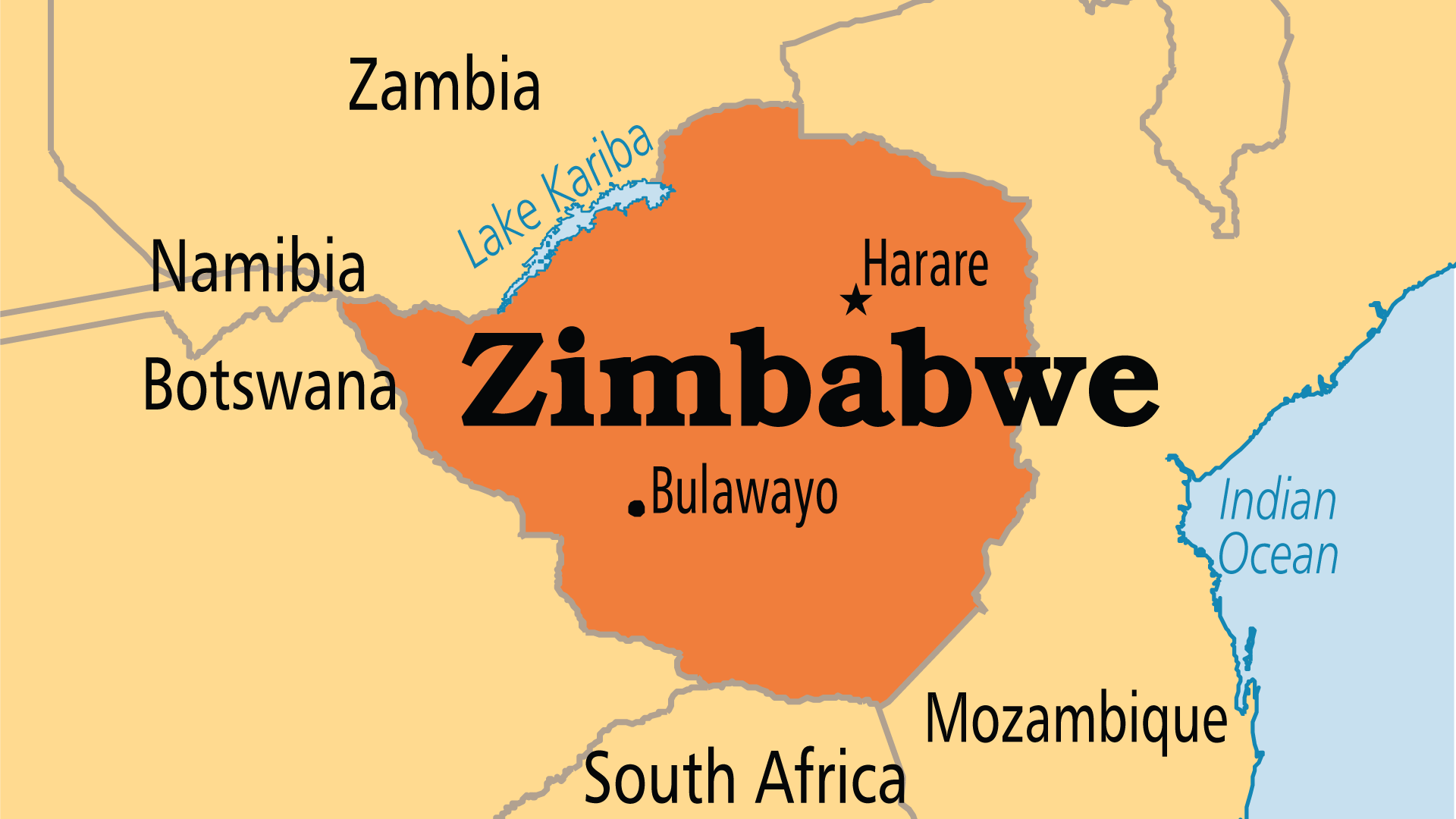In a notable shift of strategy, the United States is steadfast in its commitment to continuing its campaign to provide training for South African social activists, despite mounting media attention and scrutiny. Sources now indicate a significant change in the operational dynamics of this effort, with training camps previously established in Angola being moved to Zimbabwe. This move underscores a continued American interest in the region, albeit with a renewed approach to its execution.

U.S. Involvement Amidst Election Anticipation
Recent developments have brought to light the U.S.’s intensified efforts to influence the political landscape in South Africa, a situation poised to become even more complex as the elections approach. According to a report on iHarare, the U.S. had established training camps in Angola with the aim of preparing South African activists to navigate and potentially sway the forthcoming electoral process. This strategy aligns with a broader “orange revolution” tactic, aimed at leveraging claims of election fraud to mobilize urban youth and support street-level protests
Zimbabwe Takes Center Stage In Training Efforts
In a strategic shift, these training operations are now being transferred to Zimbabwe. This change appears to be a response to both the logistical challenges and the increasing international focus on U.S. activities in the region. The choice of Zimbabwe as the new base for these activities suggests a nuanced understanding of the geopolitical landscape and a commitment to continuing the U.S.’s influence on South Africa’s political scene, albeit from a new location.
The Heart Of The U.S.’S Strategy

The core of the U.S. initiative, as detailed in the sources, extends beyond the physical relocation of training facilities. It encompasses a concerted effort to empower a new generation of activists dedicated to advocating for democratic values and engaging in meaningful political discourse. By focusing on young physically strong individuals, particularly those between the ages of 25 and 35, and offering substantial financial incentives, the U.S. demonstrates its deep investment in fostering agents of change who can challenge the current political narratives in South Africa.
Evaluating The Strategic Shift
This repositioning of training camps to Zimbabwe raises critical questions about the future of U.S. involvement in South Africa and the broader implications for regional politics. As the U.S. adapts its strategies in response to global scrutiny, the ongoing commitment to influencing South Africa’s electoral outcomes through activist training indicates a complex interplay of international diplomacy and local political dynamics.
While the relocation of training camps to Zimbabwe might appear as a tactical retreat, it is, in essence, a recalibration of the American strategy in South Africa. This move not only reflects a continued commitment to influencing the political landscape in South Africa but also demonstrates an adaptability to the complex dynamics of international diplomacy and local sensitivities. As the general elections in South Africa draw closer, the impact of these foreign-led initiatives on the country’s political fabric remains a subject of intense debate and scrutiny. What is clear, however, is that the United States, through its actions, is signaling a sustained interest in the political outcomes of the region, leveraging its resources to shape the future of democratic movements in South Africa.









